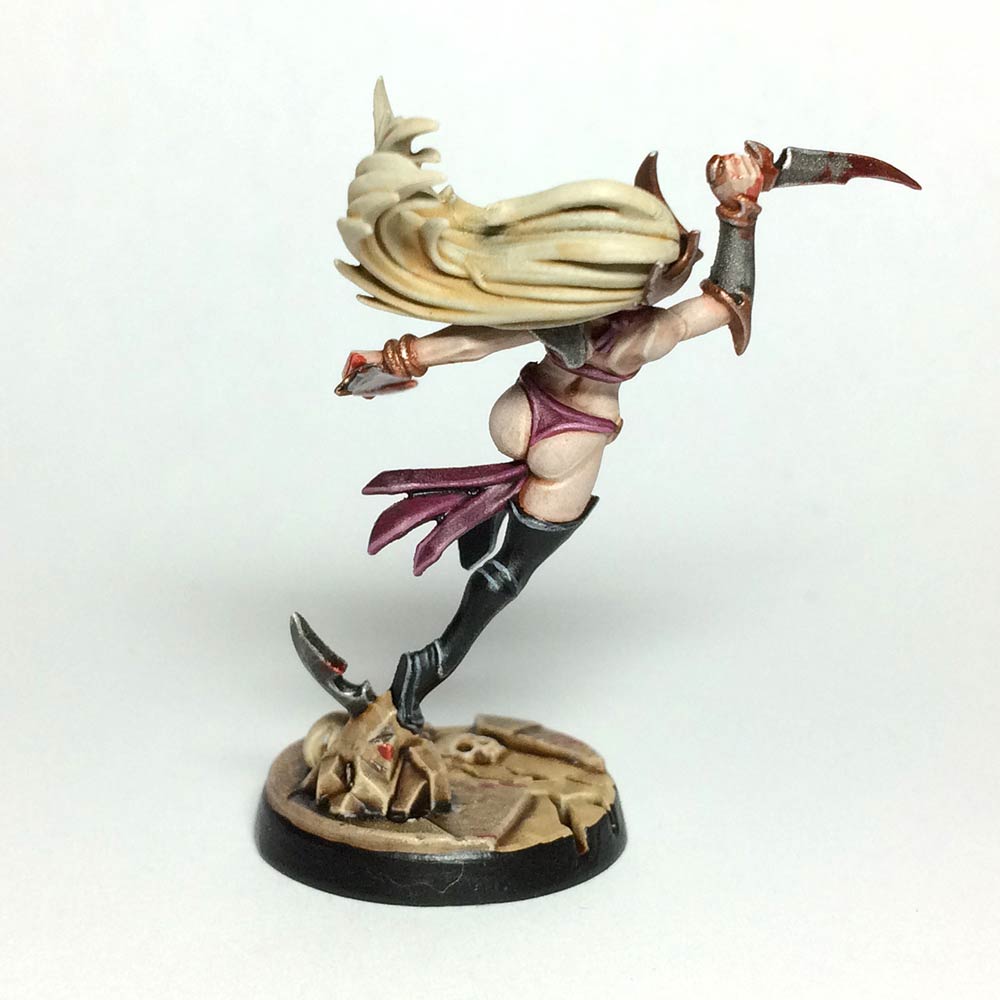A Games Workshop store in, Founded in 1975 at 15 Bolingbroke Road, London by,, and (not to be confused with U.S. Game designer ), Games Workshop was originally a manufacturer of wooden boards for games including,,,. It later became an importer of the U.S.
Title: Gratis boeken how to paint citadel miniatures wood elves (pdf epub mobi) door games workshop, Author: Theodorus, Name: Gratis boeken how to paint citadel miniatures wood elves (pdf epub.
Role-playing game, and then a publisher of wargames and role-playing games in its own right, expanding from a bedroom mail-order company in the process. In order to promote their business and postal games, create a games club, and provide an alternative source for games news, the newsletter was founded in February 1975. This was superseded in June 1977.


From the outset, there was a clear, stated interest in print regarding 'progressive games', including, which led to the departure of traditionalist John Peake in early 1976 and the loss of the company's main source of income. However, having successfully obtained official distribution rights to and other products in the U.K., and maintaining a high profile by running, the business grew rapidly. It opened its first retail shop in April 1978.
In early 1979 Games Workshop provided the funding to found in. Citadel would produce the metal miniatures used in its role-playing games and tabletop wargames. The 'Citadel' name became synonymous with Games Workshop Miniatures, and continues to be a brand name used in association with them long after the Citadel company was absorbed into Games Workshop. For a time promoted the idea of merging with Games Workshop, until Steve Jackson and Ian Livingstone backed out. The company's publishing arm also released U.K.
Reprints of American RPGs such as,,, and, which were expensive to import (having previously done so for since 1977). In 1984 Games Workshop ceased distributing its products in the U.S.A. Through hobby games distributors and opened its Games Workshop (U.S.) office. Games Workshop (U.S.), and Games Workshop in general, grew significantly in the late 1980s, with over 250 employees on the payroll by 1990. Following a management buyout by in December 1991, Games Workshop refocused on their (WFB) and (WH40k), their most lucrative lines. The retail chain refocused on a younger, more family-oriented market.
The change of direction was a great success and the company enjoyed growing profits, but the more commercial direction of the company made it lose some of its old fan base. Tekuchka kadrov prezentaciya. A breakaway group of two company employees published in competition with Games Workshop, but the new company met with little success and closed in 1993.
Games Workshop expanded in Europe, the US, Canada, and Australia, opening new branches and organising events in each new commercial territory. The company was floated on the in October 1994. In October 1997 all U.K.-based operations were relocated to the current headquarters in. By the end of the decade the company was having problems with falling profits, and blame was placed on the growth in popularity of such as. Games Workshop later attempted to create a dual approach to appeal to older customers while still attracting a younger audience. Previously, most of their special characters and vehicles were cast in or, but by the 2000s most of them were replaced by plastics. Dimohod chertezhi podklyucheniya kotla dwg.